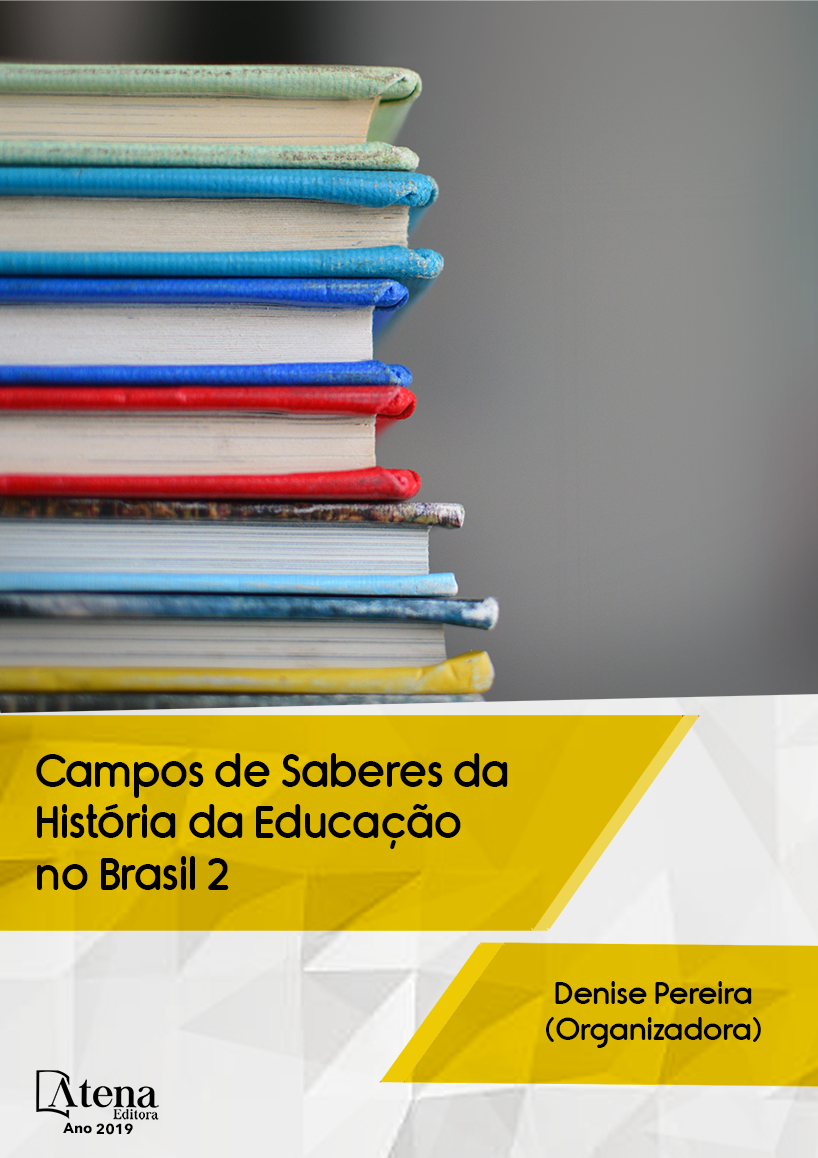
PATRIMÔNIO CULTURAL E ENSINO DE HISTÓRIA: O ESTUDO DO MEIO COMO PRÁTICA PARA EDUCAÇÃO PATRIMONIAL
O presente artigo discute questões
teóricas pertinentes ao estudo do meio e a
educação patrimonial. Tem por objetivo salientar
o potencial deste tipo de atividade didáticopedagógica
tanto para formação dos futuros
docentes quanto para o exercício da cidadania
que, entendemos, passa necessariamente
pelo conhecimento e compreensão da história
local. Devido ao desconhecimento por parte da
população universitária, com enfoque especial,
aos alunos dos cursos de licenciatura de seus
patrimônios locais, percebe-se a necessidade
de uma constante educação patrimonial que
incentive a prática do estudo do meio, tanto
no âmbito do ensino superior, como no ensino
básico, espaço para o qual eles estão sendo
formados para atuar. Parte-se do pressuposto
de que a educação patrimonial deve integrar
os planejamentos escolares, especialmente
do componente curricular História, envolvendo
o desenvolvimento de atividades lúdicas e de
ampliação do conhecimento sobre o passado
e sobre as relações que cada sociedade
estabelece com ele. Esta comunicação,
portanto, pretende levantar questões a partir de
experiências concretas de estudo do meio como
elemento propositivo de reflexões voltadas para
o exercício da cidadania e a construção de uma
sociedade democrática.
PATRIMÔNIO CULTURAL E ENSINO DE HISTÓRIA: O ESTUDO DO MEIO COMO PRÁTICA PARA EDUCAÇÃO PATRIMONIAL
-
DOI: 10.22533/at.ed.5591905078
-
Palavras-chave: Patrimônio Cultural. Ensino de história. Estudo do Meio. História regional. História local.
-
Keywords: Cultural Heritage. Teaching History. Social Study. Regional History. Local History.
-
Abstract:
This article discusses theoretical
questions surrounding social studies and cultural
education. Its aim is to highlight the importance
of this type of didactic-pedagogical activity,
both for educating future teachers, and for
exercising citizenship rights, which necessarily
include a knowledge and understanding of local
history. Due to the lack of knowledge on behalf
of the university’s population, especially those
studying their local heritage, we recognize the
need for an ongoing cultural education, which
encourages the practice of social studies, both
in higher and secondary education, the areas
which they will go on to teach. It is generally
assumed that cultural education should be
part of schools’ teaching programs, especially
the History curriculum, involving recreational
activities and increasing students’ knowledge of the past, and of the relationships which
each society establishes with it. Therefore, this communication aims to raise questions
based on concrete experiences of social studies as a propositional element of reflections
aimed at exercising citizenship rights and constructing a democratic society.
-
Número de páginas: 15
- Marcos Rafael da Silva
- Tathianni Cristini da Silva


